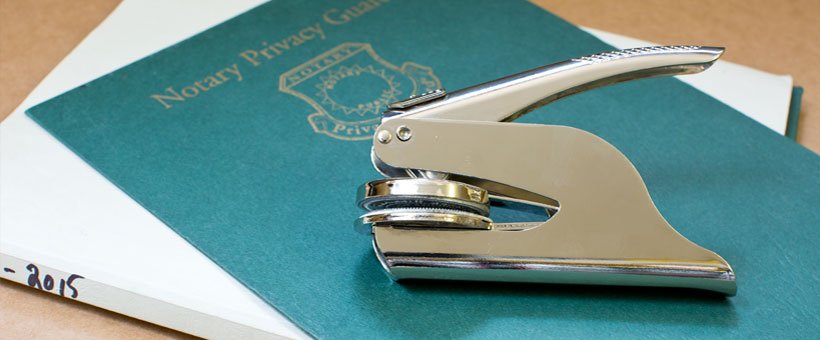If you’ve ever had an important document notarized, you may have seen the notary public stamp it and sign their name. But have you ever wondered what makes a notary trustworthy? One important part of being a notary public is having a notary bond. This bond is a type of financial protection that helps ensure notaries follow the law and do their job correctly. In this article, we’ll explain what a notary bond is, why it’s important, and how it works.
Understanding a Notary Public
A notary public is a person who is authorized by the government to witness and certify the signing of important documents. Notaries help prevent fraud by verifying that the people signing a document are who they say they are. They check identification, make sure everyone is signing willingly, and sometimes require an oath or affirmation.
Notaries are used for many different types of documents, including:
- Legal agreements
- Property deeds
- Loan documents
- Wills and trusts
Because notaries handle such important paperwork, they need to be responsible and honest. That’s where a notary bond comes in.
What Is a Notary Bond?
A notary bond is a type of insurance that protects the public if a notary makes a mistake or commits fraud. It is a financial guarantee that the notary will follow the law and properly perform their duties. If a notary does something wrong—like notarizing a fake signature or failing to verify someone’s identity—the bond can be used to compensate the injured party.
It’s important to note that a notary bond does not protect the notary. Instead, it protects the people who rely on the notary’s services. If a claim is made against the bond and money is paid out, the notary is responsible for repaying that amount.
Why Are Notary Bonds Required?
Most states in the U.S. require notaries to have a bond before they can begin working. The main reasons for this requirement include:
- Protecting the Public – A notary bond provides financial protection for people who might be harmed by a notary’s mistakes or dishonesty.
- Holding Notaries Accountable – Since notaries must repay any claims made against their bond, they have a strong reason to follow the rules carefully.
- Building Trust – A notary bond reassures people that the notary is trustworthy and will act responsibly when handling legal documents.
How Does a Notary Bond Work?
A notary bond is usually issued by an insurance company or a surety company. Here’s how the process works:
- The Notary Purchases a Bond – Before becoming a notary, a person must buy a bond for a specific amount set by their state. This amount can range from $1,000 to $25,000, depending on state laws.
- The Bond Protects the Public – If a notary makes an error or commits fraud, someone harmed by their actions can file a claim against the bond.
- The Surety Company Pays the Claim – If the claim is valid, the company that issued the bond will pay the injured party up to the bond’s full amount.
- The Notary Must Repay the Surety Company – After the claim is paid, the notary is responsible for reimbursing the bond provider for the money that was paid out.
Is a Notary Bond the Same as Notary Insurance?
No, a notary bond and notary errors and omissions insurance (also called E&O insurance) are different. A notary bond protects the public, while notary insurance protects the notary.
If a notary makes an honest mistake and is sued, their E&O insurance can help cover legal costs and damages. Notary bonds, on the other hand, do not provide personal protection for the notary. Instead, they make sure the notary is financially responsible if they cause harm to someone else.
How Much Does a Notary Bond Cost?
The cost of a notary bond depends on the amount required by the state. However, notaries do not have to pay the full bond amount upfront. Instead, they pay a small premium to the surety company, similar to how an insurance policy works.
For example, if a state requires a $10,000 bond, a notary might only have to pay $50 to $100 per year to maintain the bond. The cost can vary based on the notary’s location and the company issuing the bond.
What Happens If a Notary Doesn’t Have a Bond?
If a notary is required to have a bond but doesn’t get one, they cannot legally perform notarial acts. If they notarize documents without a bond, they may face legal penalties, fines, or even lose their notary commission. This is why it’s important for notaries to follow their state’s requirements.
Final Thoughts
A notary bond is a crucial part of being a notary public. It helps protect the public from mistakes or fraud while holding notaries accountable for their actions. Although a notary bond does not protect the notary, it ensures they act responsibly and follow the law. If you’re looking for a notary in Newport Beach, we encourage you to reach out to us.
Notaries play a key role in keeping important documents safe and valid. By having a notary bond, they can provide their services with trust and confidence.




